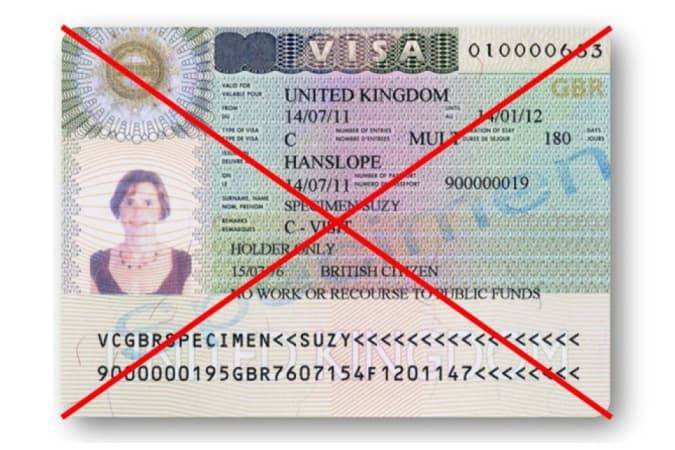How to Spot a Visa Scam Before It's Too Late: 5 Red Flags to Watch For
As international travel becomes easier and more opportunities arise, the need for visas is soaring. Sadly, this increase has also led to a rise in visa-related fraud. Each year, countless eager travelers find themselves ensnared in sophisticated scams that not only drain their wallets but also shatter their dreams of studying, working, or living abroad. These scams are becoming harder to spot, especially when they are cleverly masked by professional-looking websites and convincing sales pitches. Yet, by recognizing the subtle (and sometimes glaring) warning signs, you can shield yourself from emotional turmoil, financial setbacks, and even legal issues. Here are five significant warning signs of a visa scam that every traveler should keep in mind:
1. Suspicious or Unofficial Websites
A reliable visa service will always have a secure, professionally designed website. A simple yet vital sign is the padlock icon in the address bar, indicating that the site is using encryption to safeguard your information. Beyond that, scrutinize the URL. Scammers often choose web addresses that closely imitate official ones but contain slight spelling errors or unusual domain endings, like “.net†instead of “.gov†or “.org.†Genuine government websites typically end with specific country extensions, such as “.gov.uk†or “.gov.ng.†If the site you’re on deviates from what an official government agency would use, it’s time to dig deeper—or better yet, walk away.
2. Offers That Sound Too Good to Be True
Scammers are experts at manipulation. They exploit people’s aspirations by presenting deals that appear too good to pass up—like “100% visa approval,†“no paperwork required,†or “receive your visa in 48 hours.†The truth? Visa approvals depend on the discretion of the consulate or embassy, and there are no guarantees—not even from authorized immigration lawyers. Such offers are cleverly crafted to attract those who are eager to leave quickly, want to bypass established procedures, or are already worried about being denied. Remember, no legitimate agency can speed up government processes beyond official channels. If someone is making these claims, it’s a major red flag—it’s not an opportunity but a trap.
3. Advance Payment Through Untraceable Means
One of the most common tactics used by fraudsters is demanding upfront payment before any services are provided, usually through untraceable methods like PayPal (Friends & Family), Western Union, MoneyGram, or even cryptocurrency. Genuine visa services will have official invoicing systems, transparent fee structures, and recognized channels for payment—often including bank transfers, credit card transactions, or government-approved platforms. Be extremely wary if you’re asked to send money quickly or if you feel pressured to pay “before the offer expires.†Scammers thrive on urgency.
4. Poor Communication and Unprofessional Presentation
You can often gauge a scam by its communication style. Authentic immigration services and embassies operate with high professionalism. Their correspondence is clear, well-structured, and devoid of typos or slang. In contrast, scammers frequently send out emails filled with grammatical errors, awkward wording, poor formatting, or inconsistent fonts and spacing. These are clear signs of a hastily assembled operation. Official messages will also come from verified domains—not generic ones like @gmail.com or @yahoo.com.
5. Unsolicited Messages Offering Help
If you receive a message from someone you don’t know, offering assistance with your visa application—especially on social media platforms like Facebook, WhatsApp, or Instagram—exercise caution. Legitimate immigration professionals do not reach out to clients unsolicited. This is a classic scam approach: they aim to catch you off-guard during a moment of vulnerability. They may pose as agents, “consultants,†or claim to be affiliated with embassies, often showing fake credentials or testimonials. The safest way to proceed is to independently verify any service you’re considering by checking reviews, looking for licenses, or consulting with a local embassy.
Extra Tips to Stay Safe:
Double-check credentials: If someone claims to be a licensed immigration consultant, confirm their registration on official government websites.
Consult the embassy directly: For any visa-related questions, the best source of information is the consulate or embassy of the country you’re interested in. They provide accurate, up-to-date information.
Report scams: If you encounter a potential scam, report it to the relevant authorities. Your report could help protect others from falling victim.



No comments yet
Be the first to share your thoughts!